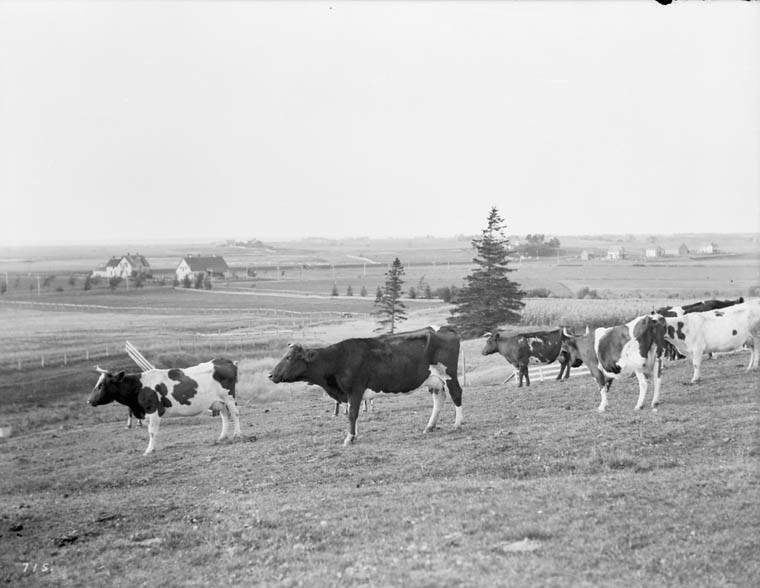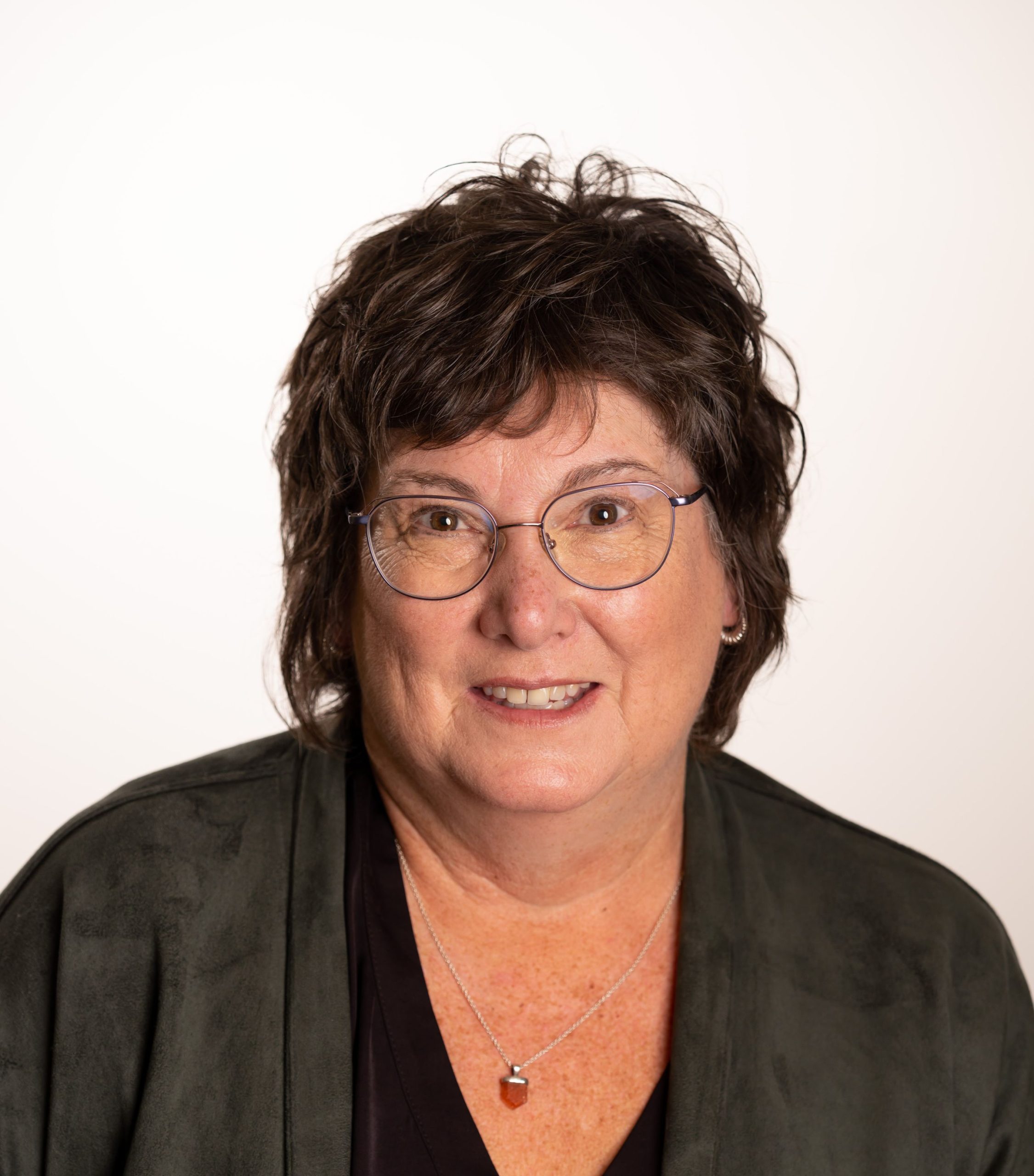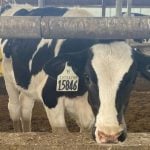Researchers have discovered an environmentally sustainable instrument that could increase world food production by 30 per cent, but they’ve been having a tough time getting it commercialized.
Is it a plant with a novel trait, or a new herbicide perhaps, bogged down by excessive regulations or those silly activists? Or maybe it’s a new type of implement — like a biofuel-powered tractor?
Nope. According to the International Fund for Agricultural Development, the secret to boosting world food production is rural women.
When given access to the same resources as men in IFAD-supported projects, women farmers achieve a 30 per cent premium on productivity over their male counterparts. They do business better and look after the environment too.
Read Also

Government silence loud on AAFC cuts
Canada’s federal government trumpets fiscal responsibility; their silence on a day of massive Agriculture and Agri-Food Canada cuts was baffling at best.
The problem, IFAD president Kanayo Nwanze told a University of Manitoba seminar last week, is that even though women produce most of the food consumed in developing countries, they get no respect. They suffer from poor access to credit, education and markets.
And so does small-scale farming. In fact, until recently, the attitude in development circles was to get those small farmers out of the way so that large-scale commercial farming could take over.
But there is nothing to be gained, in fact much to lose, from pushing people off the land where they are marginally fed to the cities if there is nothing for them to eat or to do.
“Unless these people can feed themselves, take care of themselves, there is no future. Their kids are being thrown into the streets in northern Africa and now a lot of them are joining extremist groups,” said Kevin Cleaver, IFAD’s associate vice-president.
IFAD, a unique UN partnership of 172 members from the Organization of Petroleum Exporting Countries (OPEC), the Organization for Economic Co-operation and Development (OECD) and many developing countries is aiming to put a more successful face on Third World farming.
IFAD’s approach is about making small farms commercial and attractive enough that young people are drawn back to the land. “The farmer in Africa is portrayed as a woman with a baby on her back and a hoe in her hand,” Nwanze told the seminar. “Who is attracted to that kind of image? Farming is attractive when it is a money-making business.”
Redefining the image of farming in poor countries isn’t about displacing that woman with the baby on her back; it’s about making her more productive and profitable.
“At IFAD, we believe that smallholders hold the key to ensuring global food security,” he says, noting the world’s 500 million smallholder farmers — most producing on two hectares or less — already produce 80 per cent of the food consumed in developing countries.
These small farms provide other services too. They create jobs. They keep kids in school, and improve family nutrition.
IFAD, which is quite possibly the most effective international development agency you’ve never heard of, purposely works under the radar through partnerships and co-financing arrangements with local governments, communities and the private sector. Its whole goal is to empower local populations through capacity building and entrepreneurship, rather than sweeping to the rescue with aid. Canada is one of its biggest supporters, contributing $377 million since it was founded in 1977.
Nwanze said converting subsistence farmers into small-scale commercial farmers can be done with incremental changes in production tools and inputs. “I don’t think it is so much the size of the farm that determines the profitability or sustainability, it’s a question of to what extent that inputs are accessible and markets are accessible,” Nwanze said.
While not opposed to new technologies, Nwanze said developments such as genetically modified crops are not a solution for most of the 50 million people IFAD assists. It is about developing human capacity through improved access to financial services, marketing or machinery co-operatives, and helping farmers develop value chains.
Here’s an interesting concept: those value chains start with the consumer and work back to the farm.
More than anything, it is about local ownership and control. “Development is an intrinsic process. A plant can only make use of the energy of the sunlight if its roots are firmly anchored in its own soil,” Nwanze said.
“IFAD’s role is to see how we can help them to better organize themselves to increase productivity, to produce more, feed their families, have enough to sell on the market, make some money to improve their lives,” he said.














